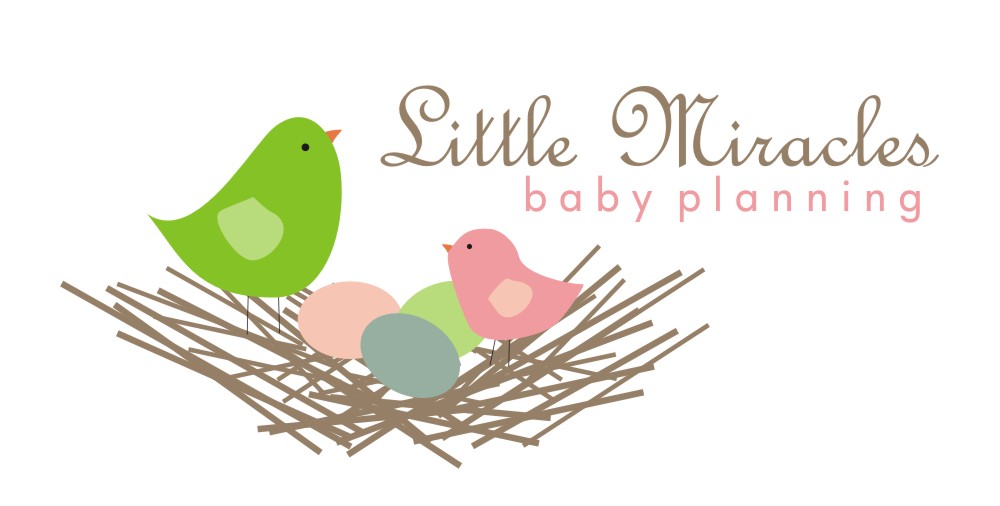
By Sharon Jayson, USA TODAY
AUSTIN — Today's fathers may well take parenting as seriously as their mates, but unlike many moms, dads don't view it as a competitive sport. Instead, the new attitude of 21st-century fatherhood is hands-on and involved, but with a hint of playfulness.
"All of these social expectations have developed over decades about what moms are supposed to do. We don't have a new picture of what involved dads are supposed to look like," says Will Courtenay, a psychotherapist in Berkeley, Calif., who is on the advisory board of The Center for Men and Young Men at McLean Hospital, Harvard Medical School.
Those who study fatherhood say today's dads are forging a new identity, as working women press for a more egalitarian home life, and telecommuting and workplace flexibility make it possible for dads to have more time with the kids. Also, dads today are no longer the stuffy or clueless fathers portrayed on TV.
"It's cool now to be an active, involved father," says Aaron Rochlen, associate professor of psychology at the University of Texas-Austin. "Overall, men being more active fathers is starting to become more of the norm and less of the anomaly."
As a result, there has been a real shift in the way men talk about fatherhood, experts say: Young dads (generally those in their early 40s and younger) say they know they're not perfect, but they don't worry about being judged.
Compared with pressure that many moms say they feel, "the bar is set pretty low for father involvement and father engagement," says Jeff Cookston, an assistant professor of psychology who studies fatherhood at San Francisco State University. He calls the current group of younger dads a "pilot generation" because they're trying to figure out the transition from dad as a breadwinner to the hands-on pop who doesn't shirk from diaper changes or carpool runs.
Psychiatrist Kyle Pruett of the Yale University Child Study Center in New Haven, Conn., has seen changes in more than 25 years teaching child development. When he started, his students were all girls.
"Now, we've had a couple of years where there were male majorities, including one year where the entire starting line of the hockey team came to the class," he says.
When he has asked guys why they took the course, Pruett says he has heard some version of "because I plan to be an involved parent and an involved husband."
And dads are getting plenty of online support, as fathers make inroads into the parenting blogosphere that for years was for moms only. There are now lots of websites devoted to dads, such as DadLabs.com, which posts four weekly short videos of advice and product reviews, and Daddytude.com, which calls itself "a journey with a not-so-perfect Dad." New books about fatherhood include Michael Lewis' Home Game: An Accidental Guide to Fatherhoodand Jeremy Adam Smith's The Daddy Shift.
Many of these dads write about their experiences with humor, which Smith calls "the male response to being uncomfortable."
"They're doing the dishes and taking care of the kids, but it doesn't match with that traditional male image, so they laugh about it. They giggle. They make jokes," says Smith, 39, of San Francisco. He is senior editor of Greater Good magazine and founded the blog Daddy Dialectic.
DadLabs (with the motto "We screwed up, so you don't have to") was created by three former teachers. As new fathers, they found existing advice boring and clinical or just for laughs. They also have two DVDs and a new book, DadLabs Guide to Fatherhood: Pregnancy and Year One. They're now in discussions with production companies about a cable TV show.
VIDEO: Meet the dads
The three daddies
Known on the Web as Daddy Clay, Daddy Brad and Daddy Troy, the site's founders are Clay Nichols, 42, a father of three ages 10, 7 and 5; Troy Lanier, 42, a father of two, ages 6 and 4; and Brad Powell, 41, soon to be a father of three. (The first two are ages 6 and 3, and a son is due any day.) Nichols has expertise in playwriting and drama. Lanier has film experience. And Powell, who has an MBA, has been a business manager and fundraiser. Another father, Owen Egerton, also appears in video segments.
Nichols was a stay-at-home dad during his oldest child's first year a decade ago, when such fathers were a curiosity. He says he has "vivid memories of taking Wilson to a local coffee shop and getting a lot of well-intentioned but nonetheless patronizing comments from women. … 'You tell Daddy you want some socks.' 'You tell Daddy you need a hat.' They would offer their very helpful parenting suggestions to the baby."
Wives of the original trio all work full-time. One is a hospital chaplain and the other two work at the private school where their husbands were employed before starting DadLabs.
The dads say their entrepreneurial effort is starting to pay off — it broke even for the first time in January after they signed a sponsorship deal, which has been renewed through 2009.
All three DadLabs creators have advanced degrees and could earn more money at jobs with greater prestige, but Nichols says they've decided being present for their kids is more important.
"There's a loud voice in my head that says 'You need to be making more money. You need to be getting ahead. You need to be succeeding.' That is a voice that I argue with on a daily basis."
Tradition dies hard
But this new, hands-on vision of fatherhood is not universal, says Courtenay.
"You certainly see traditional masculinity of the 1950s still alive and very well in many men," including younger ones, he says. "It's not as if that's completely going away."
Researchers say there are distinct socio-economic, racial and ethnic attitudes about masculinity that translate into fatherhood perceptions. For example, men from the South, as well as blacks and Hispanics, have more traditional ideas about fatherhood and masculinity.
This is rooted in a male identity that teaches "boys to be in charge and make decisions and not admit weakness," says Andrew Smiler, visiting assistant professor of psychology at Wake Forest University, in Winston-Salem, N.C., who studies masculinity.
"Then we get this generation of guys who say they want to be more involved with their children's upbringing than their parents were, but they don't know how to do it," he says.
The result, Smiler says, is this more laid-back attitude about parenting: "It's harder than it looks and I don't know what to do or how to do it, but I'm giving it my best shot."
Actor Shaun O'Hagan, 39, of Santa Monica, Calif., has five to eight auditions a week and he has taken his son, Ryan, 2, with him on most of them since his wife went back to work as an accountant following her maternity leave. Sometimes his brother-in-law has gone along to help, but O'Hagan says he has often relied on those at the auditions to tend to his son during the tryouts.
Despite earning residual checks, O'Hagan says, the economic downturn in Hollywood took a toll on his career last year.
"I had a little bit of an identity crisis when jobs weren't coming and I was full-time with Ryan," he says. "I just wanted to roll up my sleeves and work, especially since I had a son. I wanted to be the dad who went out and earned a living for my family."
Things have improved, he says, but "I really did appreciate my time with Ryan. I was really able to — as my mother uses the phrase — 'soak it all in,' " he says.
A close father/child connection is beneficial for kids, according to a body of research that suggests children with actively involved fathers do better academically, socially and behaviorally.
Gary Berger, 34, of Madison, Wis., found himself overseeing the household and his three children (now 8, 6 and 5) when his wife of almost 10 years served in Iraq for about five months. The couple met in the Air Force.
"She got out of active duty while I stayed in. I deployed for Iraq in 2003 (he flew B-52s) and she was a stay-at-home mom then, but stayed in the reserves. Then last Sept. 2, she deployed to Iraq," says Berger, who works in marketing.
"I'm not worried about people saying staying home with kids is a woman's job. That's old attitudes," he says. "A real priority in fatherhood is raising good kids. Every other concern becomes secondary to that."

.png)




No comments:
Post a Comment